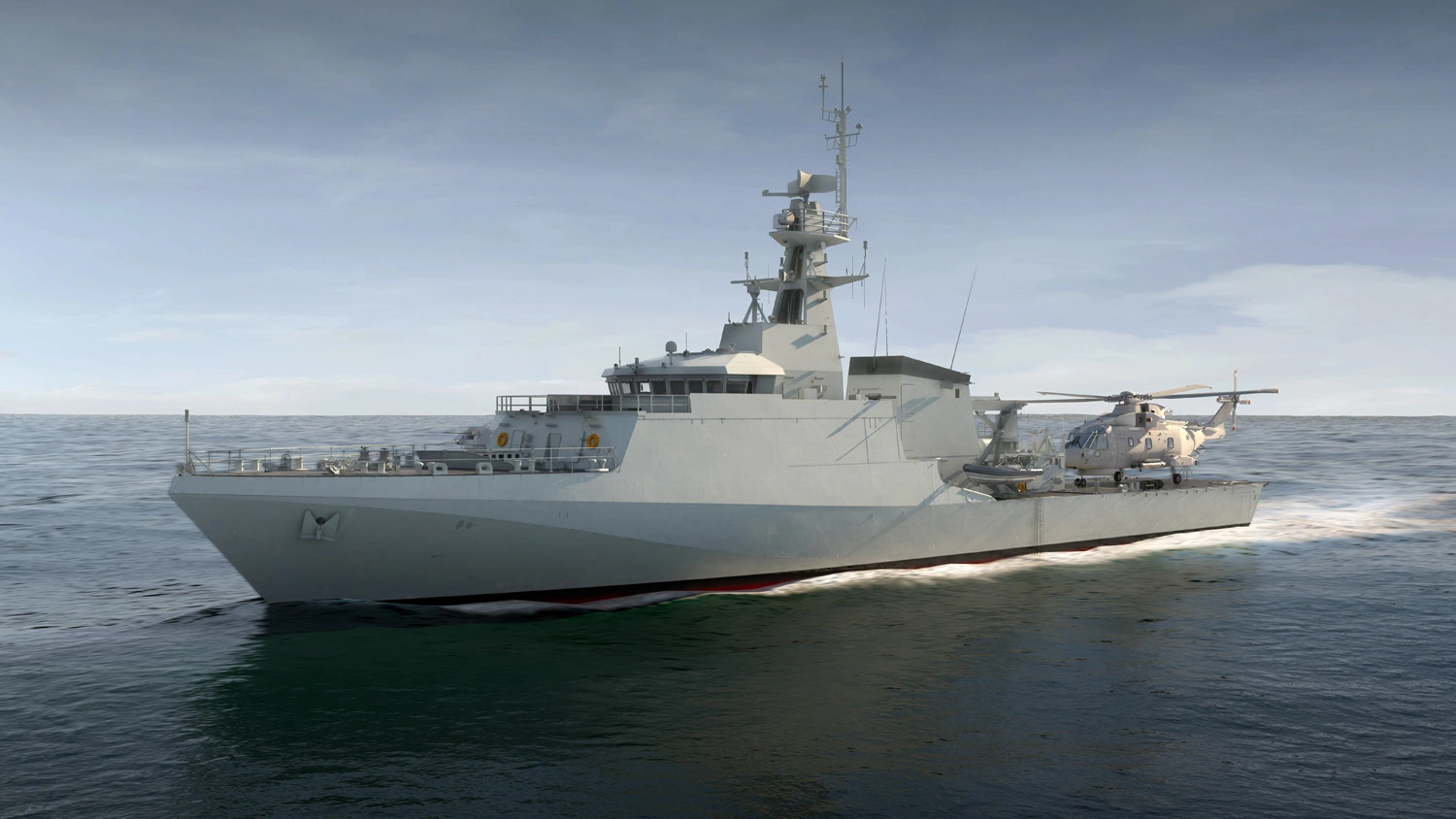In January 2024, the UK will dispatch the HMS Trent warship to Guyana, signaling support amid a dispute with Venezuela.
This decision, reported by Reuters, aims to solidify ties with Guyana, a former British colony.
The warship’s arrival aligns with UK Foreign Minister David Cameron’s visit, emphasizing the UK’s commitment.
On December 14, Guyana and Venezuela agreed to resolve their Esequibo region dispute peacefully.
They pledged to respect each other’s territorial sovereignty. The HMS Trent’s visit to Guyana, a key part of a broader mission, aims to ensure stability in the Atlantic region.
The Esequibo dispute, over a century old, involves a resource-rich area crucial to Guyana.

Venezuela’s recent referendum focused on annexing large parts of Esequibo. The outcome will guide their future actions.
This referendum followed the 1899 Paris Award and the 1966 Geneva Agreement, recognizing Esequibo’s disputed status.
The International Court of Justice ruled against Venezuela, stating it must not change the area’s current status.
Guyana denounced Venezuela’s actions as illegal and provocative, upholding the 1897 Washington Treaty.
The international community has long recognized this treaty. By deploying HMS Trent, the UK underscores its support for international law and its former colony.
Background
The UK’s move mirrors global territorial disputes like the South China Sea conflicts. Military presence often asserts claims in such resource-rich regions.
The UK’s involvement could shift regional dynamics, promoting diplomatic resolutions. This reflects the influence of external powers in local disputes.
The UK’s strategy is about presence rather than direct intervention, contrasting with more aggressive approaches seen elsewhere.
It highlights the UK’s preference for soft power and diplomacy.
The move enhances the UK’s global image, portraying it as a protector of smaller states and an advocate for international norms.
Overall, this action exemplifies the complexity of global geopolitics. Local disputes can draw larger powers, affecting broader international relations.
It reveals the interconnected nature of regional and global politics.

